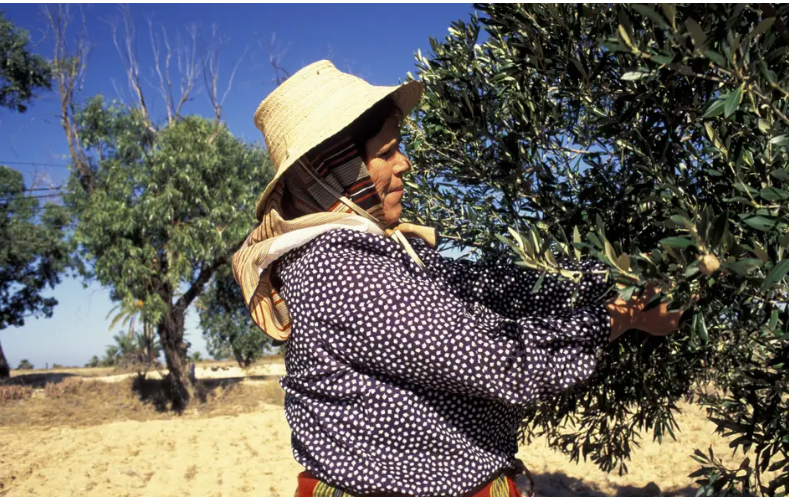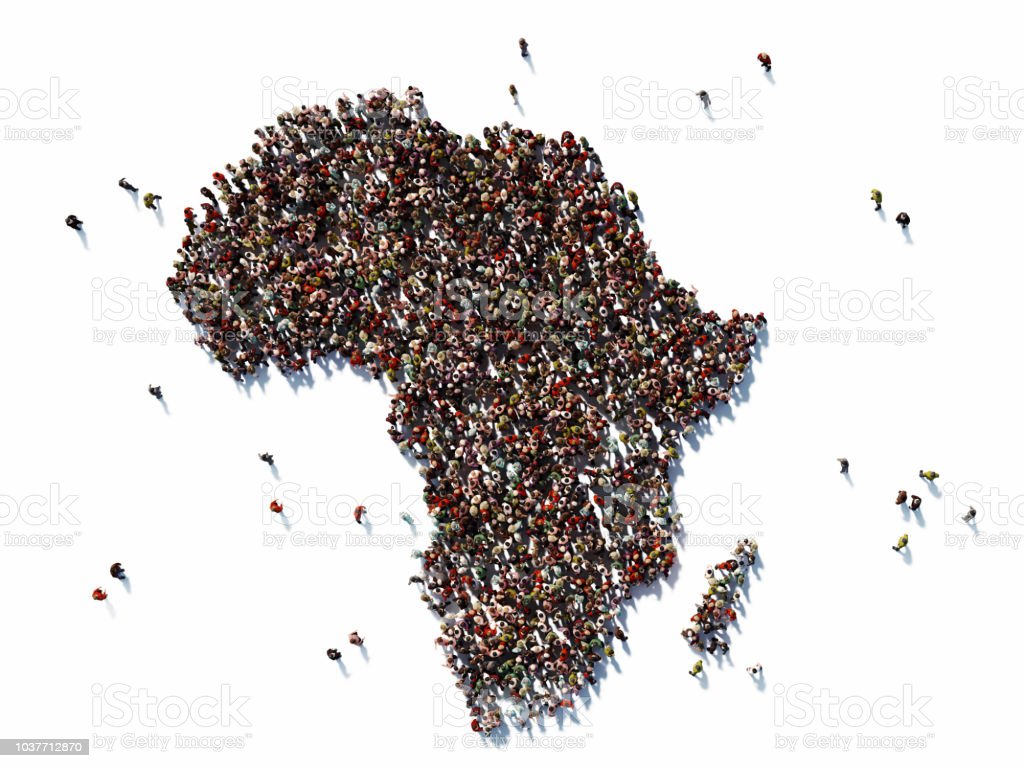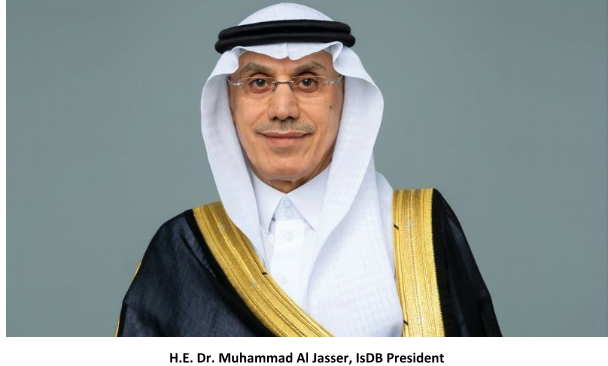Kuwait’s latest standoff is deeply concerning for both the near and long term, writes Andrew Cunningham
The decision by Kuwaiti emir Sheikh Mishal Al-Ahmad to dissolve the country’s recently elected parliament just days before its inaugural session on May 14 presents overseas investors and Kuwaiti citizens with more uncertainty.
The situation raises concerns about the country’s economic prospects over both the short and long term.
Disputes and stand-offs between Kuwait’s emirs and its boisterous parliament are nothing new. Parliament has been dissolved, and the constitution suspended, numerous times over the past 40 years. The country has held four elections in the past four years.
Squabbling between the two sides is rooted in political disagreements and this most recent outbreak is no different.
A major factor behind the latest dissolution is believed to have been parliament’s objection to Sheikh Mishal’s choice of crown prince. Although the crown prince is nominated by the emir, the appointment has to be ratified by the parliament.
But these political, and sometimes personal, disputes have real consequences for Kuwait’s economy and financial system and, ultimately, for the long-term welfare of its citizens.
Kuwait is a prosperous country. If we take a snapshot today, we see it producing nearly 2.5 million barrels of oil per day (bpd), and there are plans under way to increase production capacity to 4 million bpd by 2035.
State foreign reserves are around $930 billion, according to National Bank of Kuwait, the country’s largest bank. With a population of a little over 4 million, its GDP per capita is one of the highest in the world.
Squabbling between the two sides is rooted in political disagreements and this most recent outbreak is no different.
A major factor behind the latest dissolution is believed to have been parliament’s objection to Sheikh Mishal’s choice of crown prince. Although the crown prince is nominated by the emir, the appointment has to be ratified by the parliament.
But these political, and sometimes personal, disputes have real consequences for Kuwait’s economy and financial system and, ultimately, for the long-term welfare of its citizens.
Kuwait is a prosperous country. If we take a snapshot today, we see it producing nearly 2.5 million barrels of oil per day (bpd), and there are plans under way to increase production capacity to 4 million bpd by 2035.
State foreign reserves are around $930 billion, according to National Bank of Kuwait, the country’s largest bank. With a population of a little over 4 million, its GDP per capita is one of the highest in the world.
In March this year, rating agency Fitch described Kuwait’s fiscal and external balance sheets as among the strongest of any of the governments it rates.
But when we look at long-term trends, the picture is more complex and less secure.
Kuwaiti government spending remains overwhelmingly dependent on oil and gas revenues. The government has made almost no progress, over many decades, in diversifying the economy away from oil, or in reducing the huge burden of government salaries and welfare payments.
Oil and gas revenues currently account for nearly 70 percent of total income and, according to IMF projections, will continue to do so for the rest of the decade.
These revenues have served the country well in the past, despite the volatility of oil prices, but such overwhelming dependence looks foolhardy when consumers worldwide are striving to reduce consumption of oil and gas and investors and energy firms have pivoted towards renewables.
Nearly all of the Kuwaiti government’s non-oil and gas revenue arises from overseas investments and from dividends from state-owned companies. Tax revenues account for less than 1 percent of total government income.
Looking beyond the fiscal imperative to diversify the economy is the need to provide employment opportunities for Kuwaiti citizens.
No less than 84 percent of the Kuwaiti workforce was employed by the government at the end of 2022. It is hardly surprising that nearly half of government expenditure is allocated to the salaries of public employees.
Pressure for social spending will increase in the years ahead. A World Bank report, published last year, showed that levels of obesity and Type 2 diabetes were higher in Kuwait than in any of the other GCC countries and nearly double the average in OECD countries.
Partly as a result of this, the World Bank estimated that Kuwait’s old age dependency ratio – the number of people over 65 years old in relation to those of working age – will be nearly double that of its neighbours by 2040.
Kuwait is also a country that is being significantly affected, even today, by climate change. Temperatures during the summer can exceed 50 degrees, making Kuwait one of the hottest places on earth.
These are difficult and complex challenges, both economic and social, but they are hardly unique to Kuwait. That they are, in some cases, more acute in Kuwait than elsewhere is due to decades’ long procrastination and political paralysis.
The government’s General Reserve Fund, which held most of its liquid assets, was entirely depleted in September 2020, according to Kuwait’s own ministry of finance. With AA ratings, the obvious solution was to borrow money – Kuwait’s debt-to-GDP ratio is less than 5 percent. Yet the parliament has still not passed a so-called ‘Liquidity Law‘ that would allow modest issuance of foreign currency debt.
The parliament also held up the introduction of Value Added Tax (VAT), making Kuwait one of two of the six GCC countries not to fulfil a joint commitment to implement a minimum VAT of 5 percent.
Over the past four years, all three of the big international credit rating agencies have downgraded the government of Kuwait.
In their rating reports, all agencies cited a dysfunctional and slow-moving political environment that was reducing the country’s financial flexibility and delaying much needed economic and financial reform.
Politics matters.
It is unrealistic to think that after decades of enmity the ruling family and the parliament will soon form a harmonious working relationship.
But they do need to find some common ground that will enable them to start addressing fundamental economic and social issues while the country still has large financial reserves and strong credit ratings.
Time is running out.
Andrew Cunningham writes and consults on risk and governance in Middle East and sharia-compliant banking systems





 TRENDING12 months ago
TRENDING12 months ago
 PROFILE9 months ago
PROFILE9 months ago
 BUSINESS & ECONOMY3 years ago
BUSINESS & ECONOMY3 years ago
 BUSINESS & ECONOMY3 years ago
BUSINESS & ECONOMY3 years ago
 HALAL ECONOMY10 months ago
HALAL ECONOMY10 months ago
 BUSINESS & ECONOMY3 years ago
BUSINESS & ECONOMY3 years ago
 SPECIAL REPORTS5 months ago
SPECIAL REPORTS5 months ago
 BUSINESS & ECONOMY3 years ago
BUSINESS & ECONOMY3 years ago











